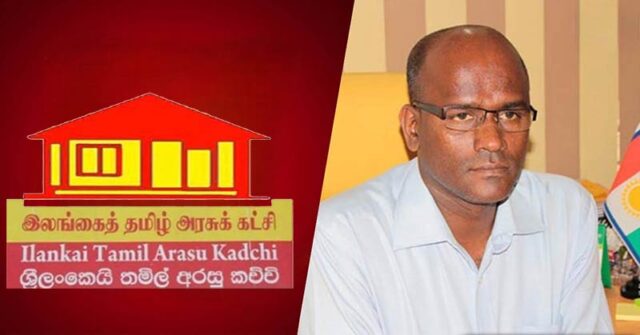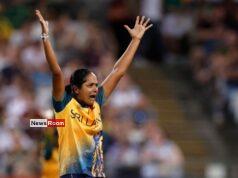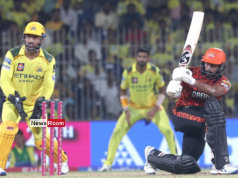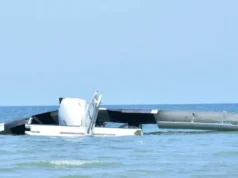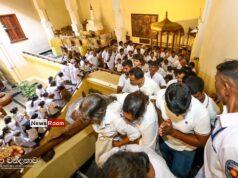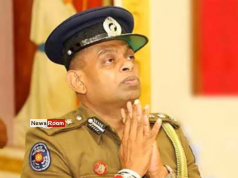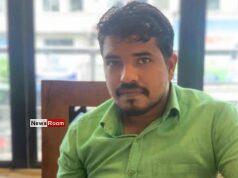By Shamindra Ferdinando
Former Director (Administration) Parliament Lacille de Silva said that the Committee of Public Enterprises (COPE) and Public Accounts Committee (PAC) could spearhead the National People’s Power government’s overall efforts to restore financial discipline.
The one-time Secretary to the Presidential Anti-corruption Commission said the two watchdog committees under the leadership of suitable Opposition lawmakers would be able to make a big difference if allowed to operate independently. However, their success would entirely depend on the readiness on the part of the NPP to make a difference, de Silva said, alleging that none of the previous governments had made an honest effort to utilize findings made by the two committees.
The civil society activist said so yesterday (17) responding to The Island queries.
The Wickremesinghe-Rajapaksa administration had caused further deterioration of financial discipline by placing the COPE under a ruling party MP, de Silva said.
Lacille de Silva served as Director, Administration from 2003 to the end of 2013 before receiving the appointment as Secretary to the Presidential anti-corruption committee. The former official was unceremoniously removed from that position for not following political dictates.
Responding to another query, the ex-House official emphasised that political parties represented in the new parliament scheduled to meet on Thursday (21) should be collectively held responsible for implementing the post-Aragalaya economic recovery plan.
Recalling the declaration of bankruptcy in April 2022, Lacille de Silva pointed out that there had never been an instance of a new parliament meeting in such a difficult situation with the country having to resume repayment of debt in 2028.
The COPE, the PAC and Committee of Public Finance (COPF) could work in unison for the betterment of the system, de Silva said, adding the country was paying a huge price for the collective failure of previous parliaments. Had they fulfilled their primary objectives, namely financial discipline and introducing laws, the country wouldn’t have ended up bankrupt, he said.
Thirteen parties in new parliament consists of 13 political parties and one independent group, namely NPP 159, SJB 40, ITAK 08, NDF 05, SLPP 03, SLMC 03, Sarvajana Balaya (NL), UNP (01), DTNA (01), ACTC (01), ACMC (01), Jaffna Ind. Group 17 (01) and SLLP (01).
Referring to a declaration made by the NPP soon after the presidential election that several high-profile cases would be investigated, de Silva said that the Parliament should take tangible measures to pursue findings and recommendations made by the COPE and the PAC. “We have to keep in mind that the Auditor General is directly involved in the process. Therefore, Parliament should agree on a mechanism to pave the way for the Attorney General and whenever necessary the CIABOC to initiate action,” de Silva said.
The political party system here had collapsed due to corruption at every level, he said, pointing out that the NPP had obviously capitalised on the developing situation. “Corruption coupled with waste, irregularities and mismanagement ruined the national economy,” he said. “We have a long way to go. All of us know, we are not out of the woods yet and the new administration will have to tread cautiously.”
De Silva noted that all political parties, including the NPP, which had only three members in the previous parliament, endorsed the much-debated Economic Transformation Bill. Whatever the promises made during presidential and parliamentary polls campaigns, both the government and Opposition couldn’t sidestep that Act, he said, adding any bid to deviate from the IMF path would be catastrophic.
Commenting on recent media reports, de Silva said that President Anura Kumara Dissanayake would retain the finance portfolio, in addition to Defence. According to him, parliament should take appropriate measures through COPE, COPA and COPF and the committee system in place in parliament. He said the real problem was that governments had never taken the watchdog committee system seriously.
The ex-House official said that judicial action against the online visa scam that had been perpetrated by the Wickremesinghe-Rajapaksa government proved the power of the COPF. Acting on the disclosure made by COPF, the Opposition had thwarted the online visa scam in spite of having the backing of the powers that be.
The Supreme Court on 26 Sept., remanded Immigration and Emigration Controller General Harsha Illukpitiya till January 22, 2025 pending resumption of the case regarding the online visa scam.Parliament would have to ensure speedy examination of past cases and meaningful measures to prevent fresh corruption cases, de Silva said.

